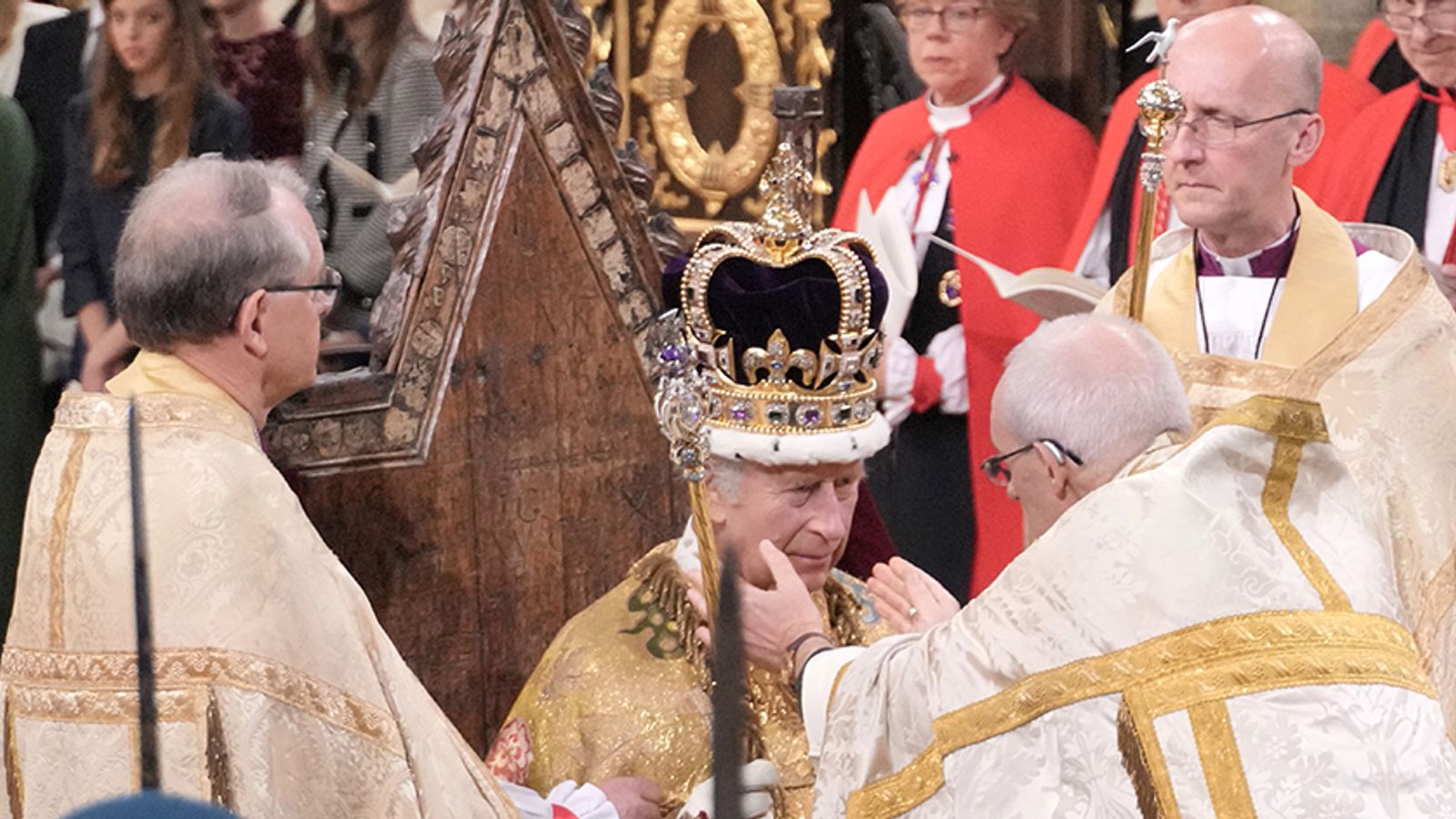Sir Keir Starmer has accused Boris Johnson of choosing to “slander decent people” in private but lacking the “backbone to repeat it in public”.
The Labour leader claimed that Mr Johnson showed a different attitude “once the cameras were off” – during bad-tempered exchanges at Prime Minister’s Questions.
Sir Keir accused the PM of going “back to blaming everyone else” for his woes – including the Archbishop of Canterbury – after his partygate apology.
Sir Keir called it “a mealy mouthed apology when the cameras roll, a viscous attack on those who tell the truth as soon as the cameras are off. Slander decent people in a private room, let the slander spread without the backbone to repeat it in public”.
His comments centred on reports that Mr Johnson had criticised the archbishop, Justin Welby, at a behind-closed-doors meeting of Tory backbenchers hours after his Commons appearance.
Sir Keir also pointed out that the PM’s spin doctor Allegra Stratton, COVID adviser Professor Neil Ferguson and health secretary Matt Hancock had all resigned as a result of their actions during the pandemic.
He asked: “Why does the prime minister think everybody else’s actions have consequences except his own?”
Mr Johnson hit back by accusing Sir Keir of being “in some kind of Doctor Who timewarp” and describing him as a “Corbynista in a smart Islington suit”.
Sir Keir said the PM had attacked BBC coverage of the invasion of Ukraine – but Mr Johnson said this claim showed that the Labour leader was “out of his tiny mind”.
It was the second day of the PM facing pressure in parliament over partygate – after he said sorry to MPs on Tuesday following his fine last week for breaking lockdown rules.
Sir Keir said: “Yesterday’s apology lasted for as long as the prime minister thought necessary to be clipped for the news.
“But once the cameras were off the prime minister went to see his backbenchers and he was back to blaming everyone else.
“He even said that the Archbishop of Canterbury had not been critical enough of Putin.
“In fact, the archbishop called Putin’s war an act of great evil.”




